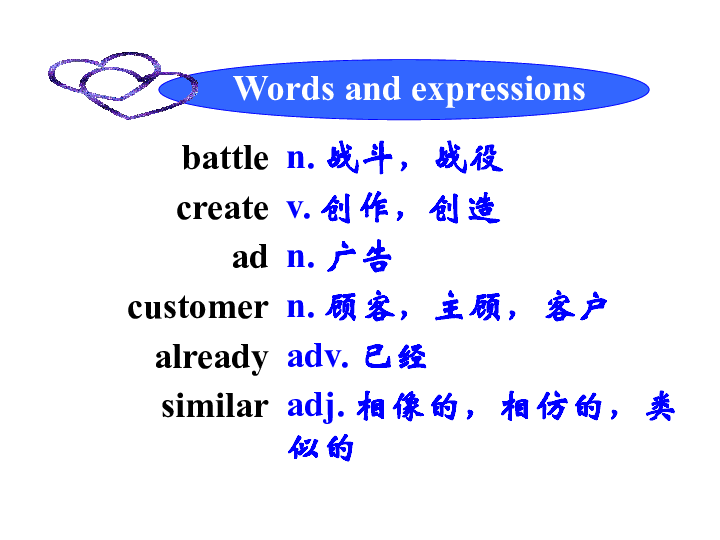"How to Identify and Protect Yourself from Student Loan Call Scams: Essential Tips and Insights"
#### Student Loan Call ScamsIn recent years, student loan call scams have become increasingly prevalent, targeting individuals who are either currently in s……
#### Student Loan Call Scams
In recent years, student loan call scams have become increasingly prevalent, targeting individuals who are either currently in school or have recently graduated. These scams often involve fraudulent callers posing as representatives from legitimate student loan organizations, promising to lower monthly payments or offer loan forgiveness in exchange for personal information or upfront fees. Understanding the tactics used by these scammers is crucial for anyone with student loans.
#### Understanding the Tactics
Scammers typically use a variety of tactics to lure victims. They may use spoofed phone numbers that appear to be from legitimate organizations, making it difficult for individuals to discern the authenticity of the call. The callers often employ high-pressure sales techniques, urging victims to act quickly to take advantage of a limited-time offer. They might claim that the government is offering a new loan forgiveness program, which is often a fabrication.
#### Signs of a Scam
There are several red flags that can help you identify student loan call scams:

1. **Unsolicited Calls**: If you receive a call from a company you did not contact, it's a good indication that it could be a scam.
2. **Request for Personal Information**: Legitimate organizations will not ask for sensitive information, such as your Social Security number or bank account details, over the phone.
3. **Pressure Tactics**: Scammers often create a sense of urgency, pushing you to make quick decisions without time to think.
4. **Fees for Services**: Be wary of any company that asks for payment upfront for services that can be obtained for free through official channels.
#### Protecting Yourself

To safeguard yourself from student loan call scams, consider the following strategies:
- **Research Before Responding**: If you receive a call, take the time to research the organization. Look for reviews or check their official website.
- **Do Not Share Personal Information**: Never provide personal details over the phone unless you are certain of the caller's identity.
- **Use Official Channels**: If you are seeking assistance with your student loans, contact your loan servicer directly or visit the official government websites dedicated to student loans.
- **Report Scams**: If you suspect you’ve been targeted by a scam, report it to the Federal Trade Commission (FTC) or your state attorney general’s office.

#### Conclusion
In conclusion, student loan call scams are a serious issue that can lead to financial loss and identity theft. By being aware of the tactics used by scammers and knowing how to protect yourself, you can navigate your student loan situation safely. Always remember to trust your instincts; if something seems off about a call, it probably is. Stay informed, stay vigilant, and protect your financial future from these malicious schemes.